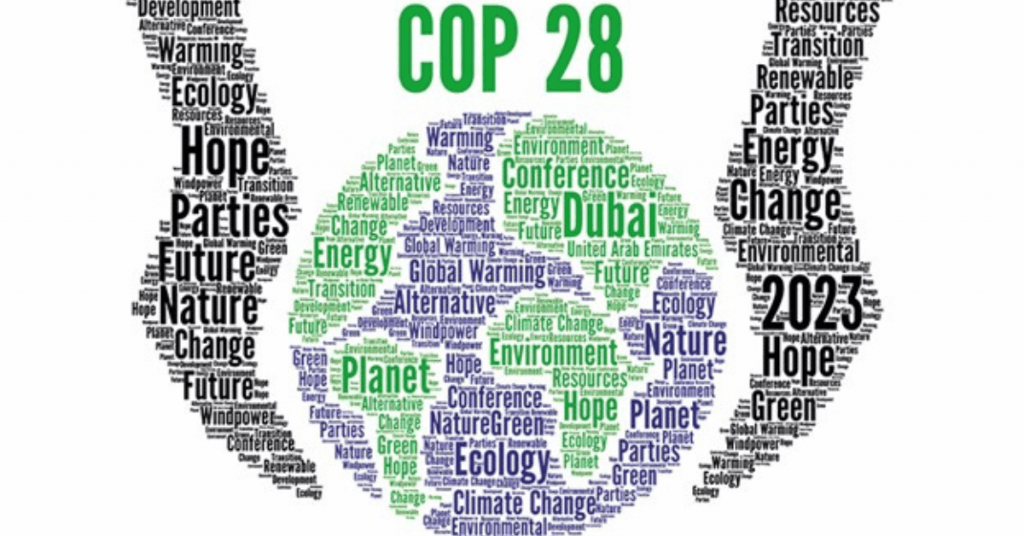The importance of fostering a conversation about sustainable food production and innovation.
“If the public does not support the introduction of such technologies, even the most ground-breaking scientific solutions will remain underutilised.” [Jack Bobo, Director of the University of Nottingham Food Systems Institute]
.
A question coming out of last year’s COP27 was whether food companies and governments could come together to change the world’s agricultural practices or risk “destroying the planet” – and that was from a report sponsored by some of the largest food and farming businesses.
A question coming out of this week’s COP28 is whether agriculture can save the planet.
Big meat and dairy lobbyists turned out in record numbers at the big UK event and commentators have suggested how Big Agriculture is borrowing Big Oil’s playbook in their lobbying efforts.
Nevertheless, this week, COP28 has backed a food and agriculture declaration – where it has recognised that there need to be serious agriculture innovations to protect the climate and feed a rapidly growing world – as highlighted by Prof Paul Winters:
For the first time ever, food and agriculture took center stage at the annual United Nations climate conference in 2023. More than 130 countries signed a declaration on Dec. 1, committing to make their food systems – everything from production to consumption – a focal point in national strategies to address climate change. The declaration is thin on concrete actions to adapt to climate change and reduce emissions, but it draws attention to a crucial issue.The global food supply is increasingly facing disruptions from extreme heat and storms. It is also a major contributor to climate change, responsible for one-third of all greenhouse gas emissions from human activities. This tension is why agriculture innovation is increasingly being elevated in international climate discussions.
And we can go even further and ask the question: Can agriculture save the planet? – as asked by Jack Bobbo on the Science for Sustainable Agriculture website:
The discussions at COP28 highlight the critical role of agricultural innovations in achieving food security and climate goals sustainably. The acceptance and adoption of these innovations by society are paramount. If the public does not support the introduction of such technologies, even the most ground-breaking scientific solutions will remain underutilised. Science tells us what we can do, but, ultimately, it is the public that tells us what we should do. Therefore, engaging consumers in discussions about food production is essential, writes Jack Bobo, Director of the University of Nottingham Food Systems Institute.
As the world’s attention turns to the COP28 conference in Dubai, a pivotal event in the environmental calendar, the focus on sustainable food systems has never been more critical. The Emirates Declaration on Sustainable Agriculture, Resilient Food Systems, and Climate action, a ground-breaking document set to shape the future of environmental policy and action, recognises the intricate link between food production, nutrition, and climate change. This declaration underscores the urgent need for innovative and sustainable approaches to meet the growing global demand for food...
At the University of Nottingham Food Systems Institute, we are committed to fostering a conversation about sustainable food production and innovation. The insights and commitments from COP28 provide a crucial framework for this dialogue, guiding our efforts to develop sustainable, efficient, and equitable food systems...
It all hangs together anyway:

COP28 : Vital Role of Agriculture in Combating Climate Change